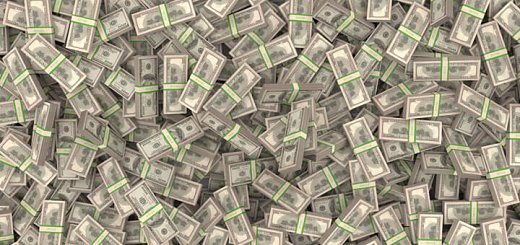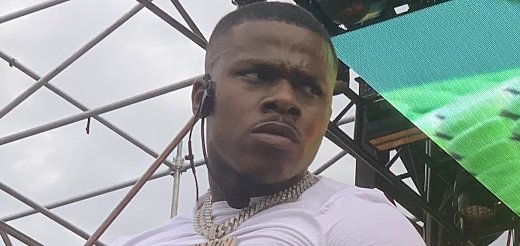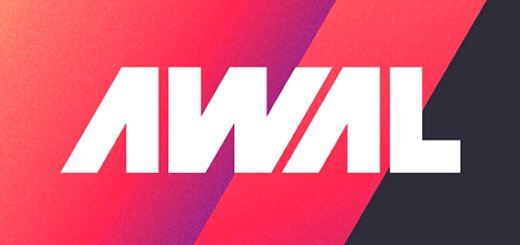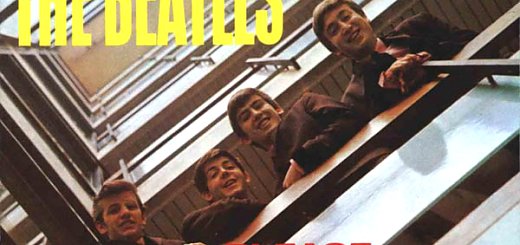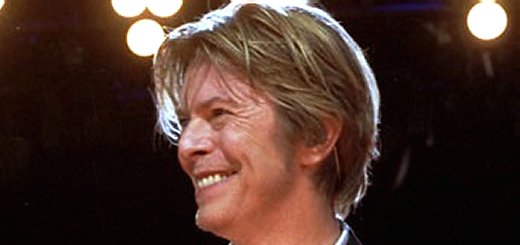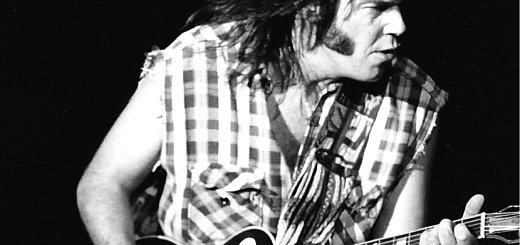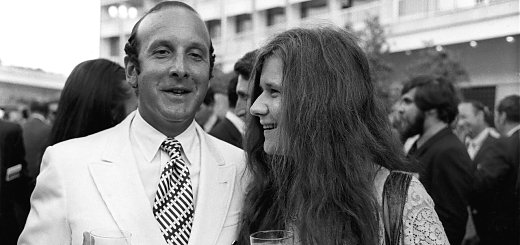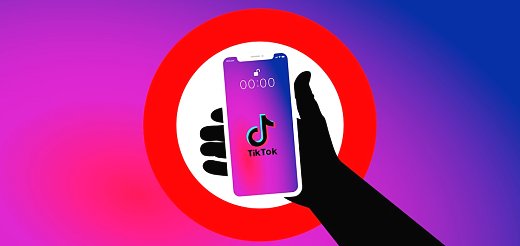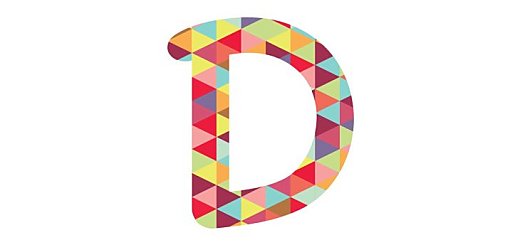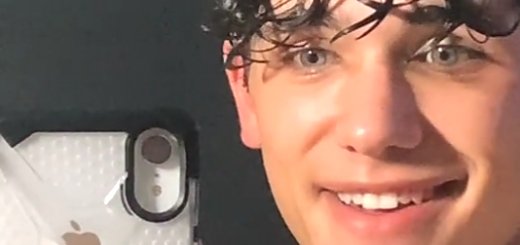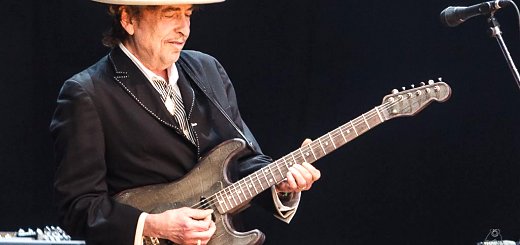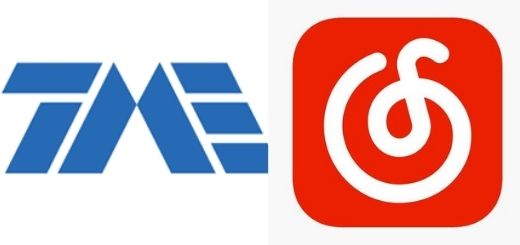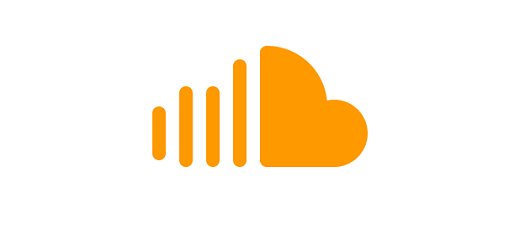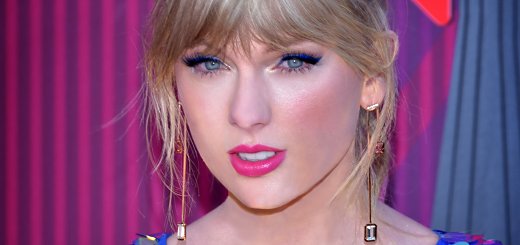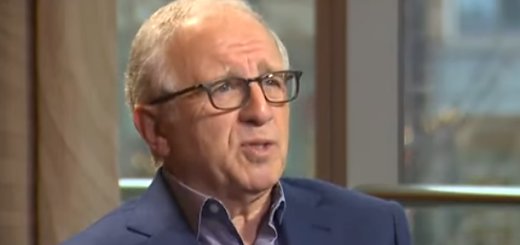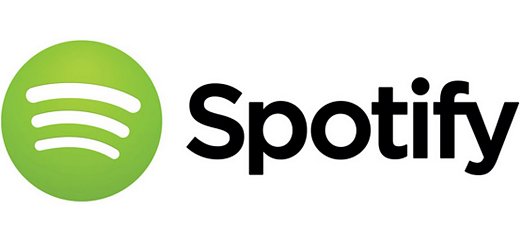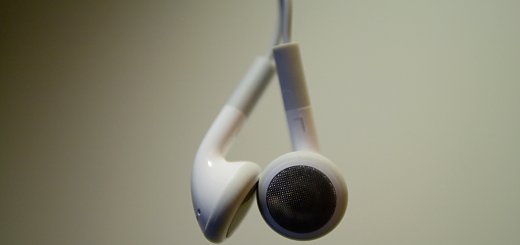Cherie Hu: How Patreon is helping electronic music artists survive during the pandemic

"Paid memberships - the decades-old model in which fans contribute a regular fee directly to their favourite creator or brand in exchange for exclusive content and experiences - are back in vogue in the music industry" - Cherie Hu writes in DJ Mag about the lifesaver of electronic musicians in lockdown - Patreon. In the seven years since it launched, "Patreon has facilitated total membership transactions of over $1 billion between 6 million fans and 200,000 creators, half of which launched their respective pages in the last six months. The music category has grown by 200% over the past half-year (by the number of creator pages), making music one of the top two categories on Patreon for the first time in the company’s history".
